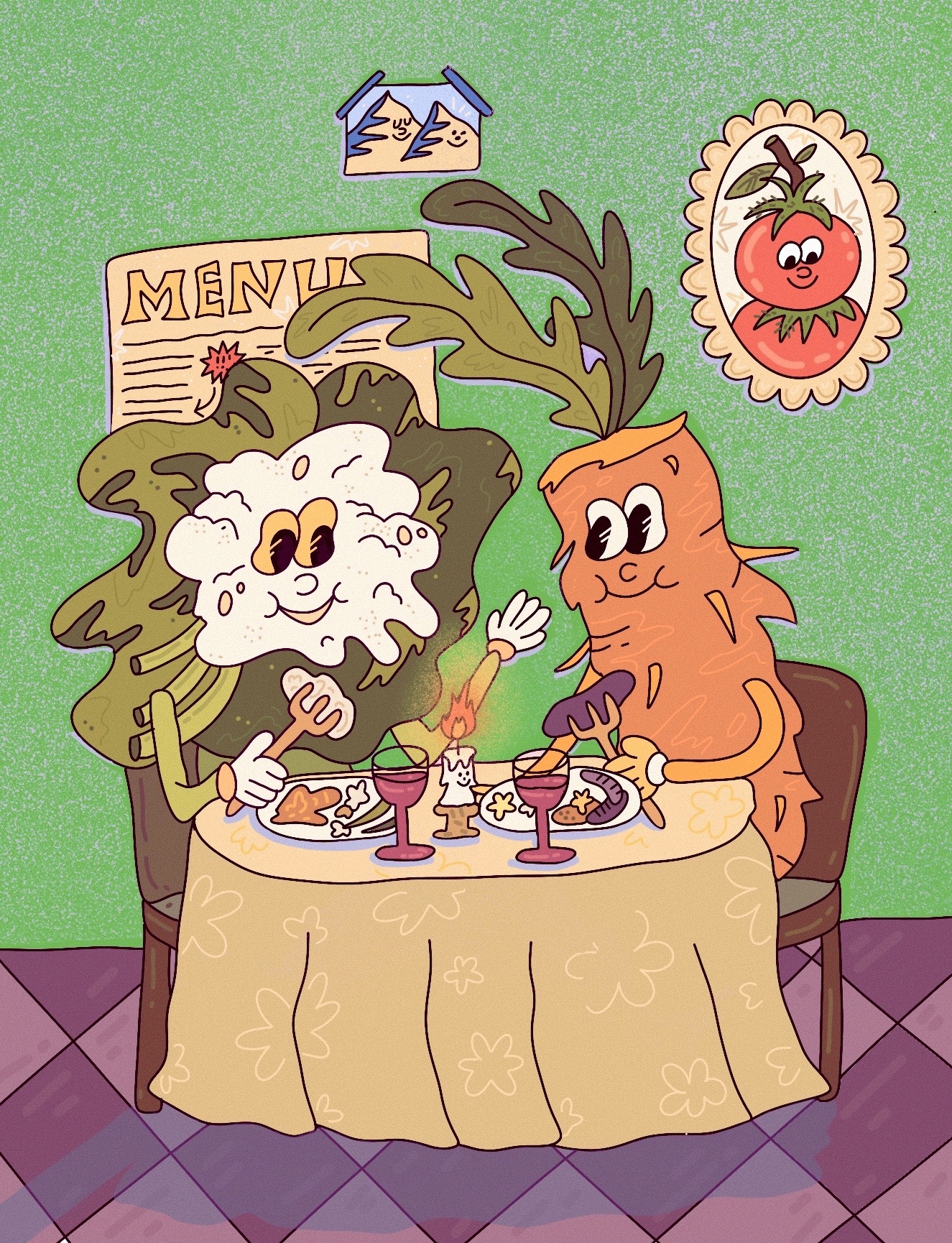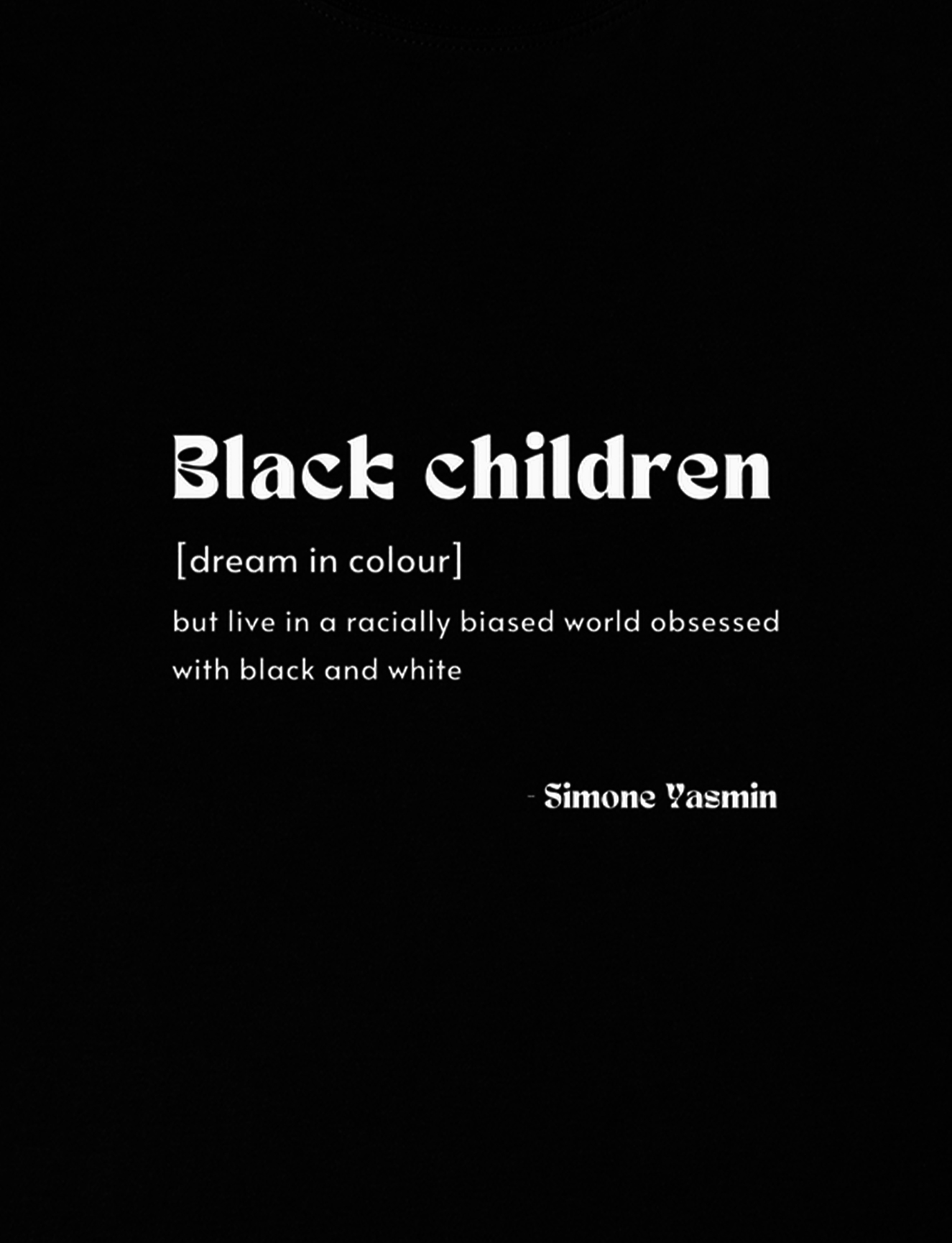Writing this is done from the perspective of living and working in England, where social welfare has been eroded to the point that its existence elsewhere seems farcical. Recently I had several conversation with different sets of friends, independently of each other, about the unemployment benefit systems in France and Germany, where you can continue receiving up to 70% percent of your previous wage, for, in some cases, two or three years post leaving a job. “You’d get so lazy,” we said, with friends who had lived in either of these places joking that people were always ‘taking a course’ or ‘thinking about what to do next’.
Now, a common conception that ‘the creative industries don’t pay’ and a lack of other meaningful funding avenues means that we have relegated making art to an odd position: one where not only is it understood that you’re often unlikely to make money from it (especially starting out), but that it also makes the work purer, more morally correct not to. One of the most frequently heard pieces of advice when I was younger was to keep your ‘work’ or ‘practice’ separate from needing to make money from it. While the rationale isn’t bad – it can be easier to be honest in your work, to do it for yourself, and there are less barriers to entry, not to mention the fact it’s one less metric to fail by – this also implies a choice where there often isn’t one. And don’t most people need to make money in order to live?
It’s a falsehood that there’s no money in the creative industries
It’s a falsehood that there’s no money in the creative industries – though there are certainly serious discrepancies between disciplines; the art market, specifically, is a billion pound business. But even in industries that can (eventually) pay, the understanding often is that in order to reach those levels one must ‘sell out’, or have had access to some of that wealth to begin with. Selling out can take a number of forms: inflating your prices, playing into the hands of collectors, taking on commercial projects or funding from dubious sources, or using social media to build your brand. In the absence of a better allocation of the existing wealth, what might help is an ideological fix: perhaps we need to understand that this is just, simply, part of the work of being an artist.
In our current framework, the necessary business of making money outside of creative work can be framed as an uneasy compromise at best and capitalistic grasping at worst. Much has been made of the writer and filmmaker Chris Kraus, perhaps best known for her book I Love Dick, having a day job of ‘property management’ or, in layman’s terms: being a landlord. Despite the fact that she’s never not been transparent about this, and often writes about it in her work, this fact is sometimes brandied about with a morally accusatory tone. “My real estate work has always been property management, not speculation” she told Vicky Spratt, at Grazia, in 2017. “I’ve never flipped houses – I think it’s sociopathic. Over a decade ago, I bought four low-income apartment buildings in Albuquerque, New Mexico, fixed them up, and continue to manage them.” She goes on to expand that until a couple of years before the interview, she would not have been able to support herself from her teaching and writing work. At the time of the interview, Kraus would have been in her early sixties, with several decades of creative work, including published novels and films, under her belt. It is easy to dismiss Kraus’ day job as capitalist but to do so wilfully ignores the fact that few among us have the privilege to create outside of the ‘system’, and artists, or indeed, workers, don’t owe us an explanation for the wider system they exist in. Nor do the conditions which enable artists to create their work have to follow a popular, or easy political narrative.
Few among us have the privilege to create outside of the ‘system’
Speaking to a friend who worked as a model in her twenties, first full time (falling into it by accident when her laptop broke while working at the Polish Litigation Court and she needed quick money to get it fixed), then later to support herself while studying to be a software engineer, we reflected on her somewhat unusual trajectory. “I got into it because I thought I could make some money and have some interesting experiences, but I always knew it would have an expiration date,” she said. “Even before I started studying I often didn’t tell people it was what I did, because I thought they wouldn’t take me seriously.”
When I was younger and trying to be a writer while working, mostly, service jobs, when people asked what I did I’d usually say, glibly, that I was a waitress. There were different reasons for this: I probably thought it was the cooler thing, even though privately I was confused by my colleagues who, though older than me, seemed to have made it their full-time occupation. But also, I was good at the job and enjoyed doing it, the feeling of a service flowing as it should, the tangible satisfaction in a job well done at the end of a good shift. Conversely, writing at the time mainly consisted of online-stalking established writers I both admired and resented, trying to figure out how they got their careers, copying styles and ideas, being jealous of other people who did it better. When I wrote it was driven by desperate attempts to prove something to myself or others. There was little satisfaction in it and, to be honest, not that much work either, and so it would have felt odd to name it as my occupation. A waitress is something you get to call yourself as soon as you work your first shift, but when do you call yourself a writer? After one published byline? After a novel?
There’s something to be said for the act of trying
Now that I make my money mostly as a copywriter I usually say that’s what I am, but I have been thinking, recently, about why it feels so awkward to name yourself as something you’re, at best, trying to make happen. In his Substack, Below Deck, the poet and writer Ed Luker said on the topic of calling oneself a writer: “I believed, quite wrongheadedly, that I could only write when I was taken by the muses or when I had read all of the books already existing, or when I was fully alert — whatever mental obstacle I’d placed in the way to just doing the damn writing. Escaping this perfectionism, calling myself a poet became a part of the way to be more serious and committed to writing itself.”
What the perpetration of the struggling artist, or the ‘labour during the day, create during the night’ trope allows, is erasing the fact that effort, no matter how unsexy, is necessary. It reinforces the myth of the genius: that ‘real’ art and creation ‘just flows’, that it is pure of the embarrassing process of creating it. There’s something to be said, I think, for the act of trying. Trying to find pride or at least, acknowledgement in the work you do to earn your money, and trying to take seriously the work you do for yourself.
Read More: Are Creative Jobs A Scam?






